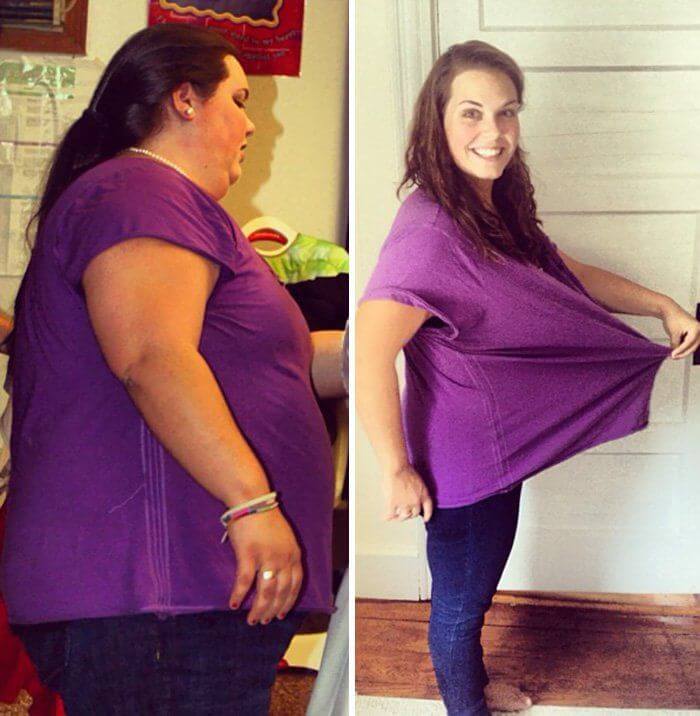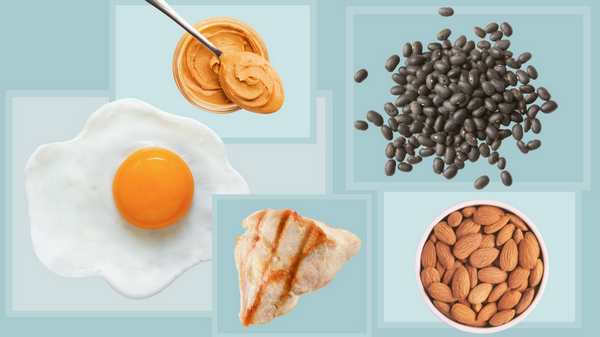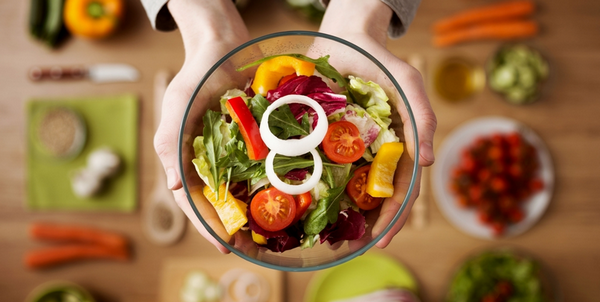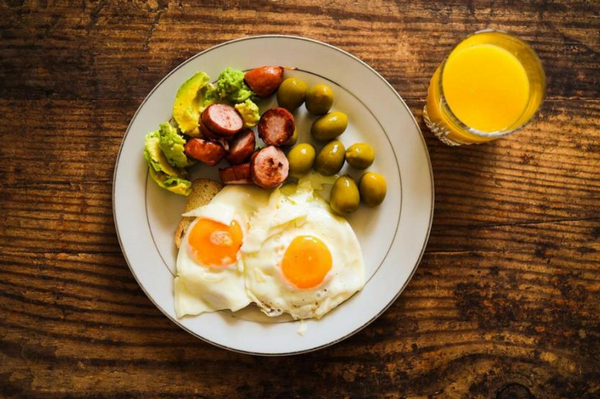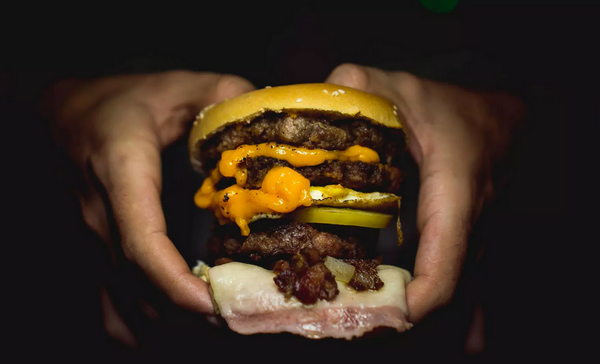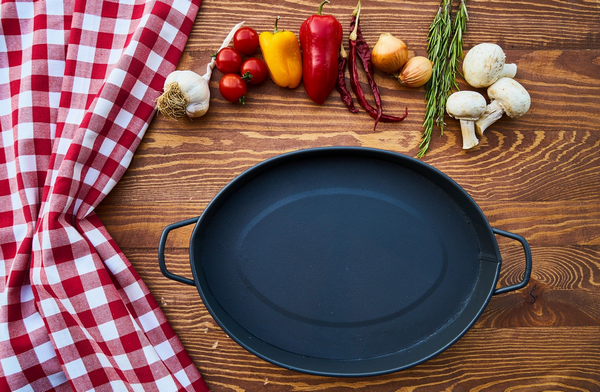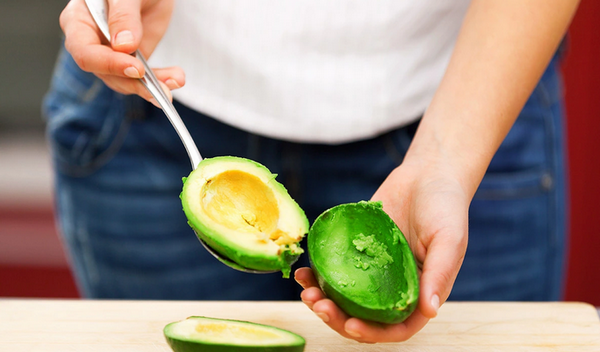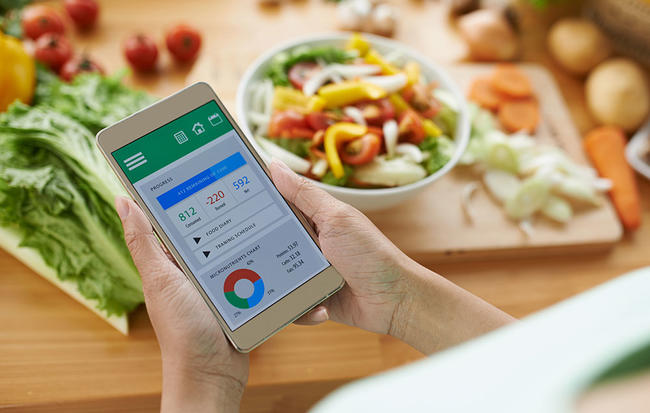
How to deal with hunger during a diet
The 'right' feeling of hunger appears as a reaction to a decrease in fat or sugar in the blood.
After we have eaten, the food begins to move through the digestive tract, is broken down by our enzymes and absorbed mainly in the small intestine into the blood.
- Fatty acids are formed after the breakdown of fats.
- Glucose is formed from the breakdown of carbohydrates.
- Amino acids are broken down proteins.
All these substances, getting into the blood, change the hormonal background in our body and remove the feeling of hunger.
So, if we suddenly decide to go on some newfangled "miracle diet", then, as a rule, we exclude certain foods from our diet and start, for example, eating only something specific.
Fats are often excluded, sometimes carbohydrates. And if the body stops receiving the substances it needs, it will constantly send a signal that we need to eat.
It remains either to endure and wait for the long-awaited figure on the scales, or go to the refrigerator.
If you have a proper diet, balanced in proteins, fats and carbohydrates, depending on your age, weight, activity, then you should not feel hungry at all.
The body must receive all the necessary substances from food, and the lack of energy (a deficit specially created in order to lose excess weight) will be replenished by burning excess fat in the body. This process is gradual and, most importantly, not fast!!!
Burning a large amount of fat in a short period of time is toxic and dangerous to health. Therefore, be more attentive to diets, you definitely do not need to limit yourself to macronutrients.
It is best to contact a nutritionist who will correctly make up your diet. There should be no cleansing, detox, juice diet in any case.
Even if you lose extra kg on such a diet, then the body will begin to demand the missing substances that it has not received all this long time, most likely you will "eat" everything again.
If you have balanced your plate for one meal correctly, there should be no hunger until the next meal.
It is quite possible that you have a feeling of thirst, not hunger, then just try to drink a glass of clean water. If you feel hungry very often, then you should change your diet and break down meals by calories so that they are smaller, but with small snacks.
A snack must necessarily include proteins, fats, carbohydrates, otherwise if you, for example, ate an apple, it will split into glucose, it will be absorbed into the blood, it will raise the sugar level, but the fat level will not raise, and you will not satisfy hunger.
But if you add a few nuts to the apple, you will most likely get enough before the next meal. You can try fractional nutrition, break the whole day into 6-7 meals, but small, approximately the same in calories, macro- and micronutrients.
Before all the diets that you decide to follow, you should consult a doctor, especially if you have any chronic diseases. They can both greatly affect the diet during a diet, and generally make a diet impossible.
It is worth paying attention if the feeling of hunger appears as a reaction to stress from an event (a quarrel with a boss, with parents, a friend).
If after something has happened that touches your personal boundaries, you want to have a snack right away, then you should contact a psychologist, no diets will help here, and if they do, then everything will return to its "proper" place after some time.
